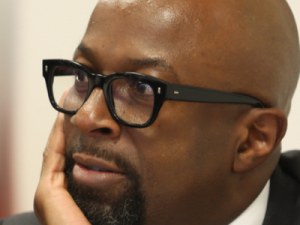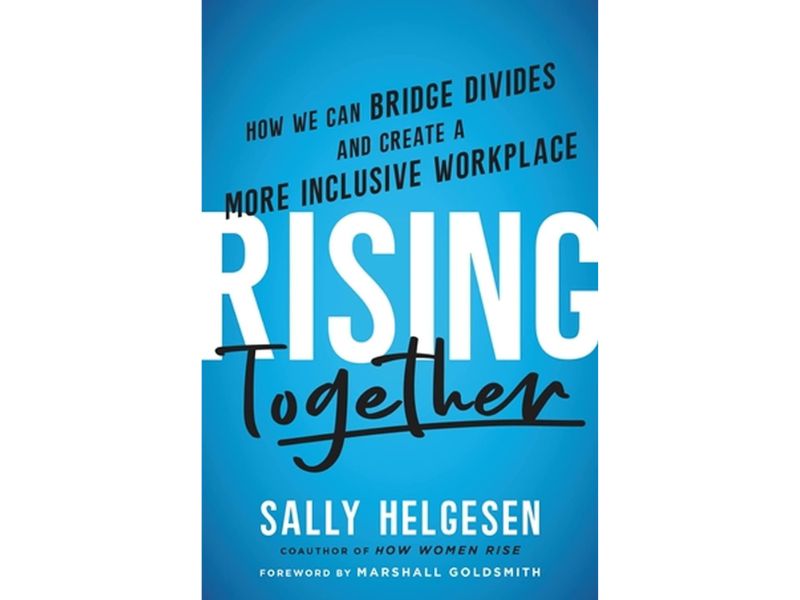Tunji Akintokun of Cisco Systems expects to see a “diverse palette of candidates” when he has an open position on his team he told WeAreTheCity in a recent interview.
The director at Cisco Systems covering the Middle East, Africa, Russia & CIS recently shared his thoughts on why he ensures he has a balanced and diverse team.
Akintokun has an extensive background in technology and sales environments building partnerships between vendors, partners and customers and is a graduate of Cisco’s ADP top talent development program where he started at the company 17 years ago. Prior to Cisco he has held sales, marketing and engineering roles at Granada, JWP Inc and Elcom.
He is the founder of the award winning social enterprise “Your Future, Your Ambition” which works with a number of large organisations to provide experiences and opportunities to young diverse talent in pursuing careers in Science, Technology, Engineering and Mathematics (STEM). In addition he is involved with organisations including Teach First, STEMNET and the Amos Bursary.
Akintokun’s own leadership team has eight managers and 50 per cent are women. The team operates in eight key locations from Moscow to Johannesburg and also includes a graduate sales program that nurtures Cisco’s early in career sales talent.
He said: “I’ve seen the results over years of having a balanced team and how they are typically high performing teams. I have 150 staff and the gender mix is healthy. Even in the more challenging regions of the business we’ve made a more conscious effort and seen some great results because of the focus.
It makes sense and more business sense to have women in the workplace. It makes sense for innovation.
“I expect to see a diverse pallet of candidates when I see an open position. We don’t use quotas or targets but we expect some balance by encouraging and educating our leaders on the benefits. It makes business sense , but it’s also a joy for me personally as a leader to have different ideas and perspectives within the team.”
Akintokun explained that it is part of Cisco’s overall strategy to “move women through the organisation overall not just in sales but in engineering too.”
He added: “It makes sense and more business sense to have women in the workplace. It makes sense for innovation.
“Companies need structure to actively seek out where more diversity is needed, so we’re putting in the work. Cisco drives gender equality across the workforce through its Connected Women and Women In Science and Engineering (WISE) employee groups and it works hard to attract, develop, retain and celebrate its female talent.”
According to Akintokun teams need to be balanced and that teams with too many women is not the answer either: “I know from years of leadership that balanced teams are better and when they’re imbalanced I pay particular attention to it.”
He said his Turkish team at one point had a very high ratio of women to men, which was later consciously re- balanced: “we had a scenario due to natural attrition which created the situation and the team provided constructive feedback to have a more gender balanced team moving forward”
“In Saudi-Arabia a third of my sales team are women and something we continue to work on to be the best we can be.”
He noted that role models throughout a business can change the culture of the company and that companies need to work hard to find that talent and to celebrate it when necessary: “It’s important to celebrate when women do well not just within Cisco but externally too. We have some great female role models at Cisco. It’s not just for the financial and business benefits but for the organisational health of the company too”.
“There is an abundance of female talent out there – companies need to widen the lense of where they look and how they recruit them. Networks can help with that and then you need to point to the organisation to say what are you doing to attract those women? It’s not just saying here are some of our senior role models, but it is also seeing those women through the fabric and spine of a company too.”
This year Akintokun was recognised at the National Diversity Awards as a role model and featured in the 2015 edition of GQ Magazine’s 100 Most Connected Men in Britain for his work in Diversity and STEM.









